USDA Organic.
Certifies that products have been grown and processed following strict organic standards set by the United States Department of Agriculture (USDA). This includes prohibiting the use of synthetic pesticides, chemical fertilizers, and genetically modified organisms (GMOs), ensuring that products are organic and environmentally friendly.
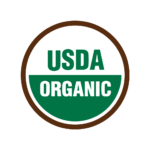
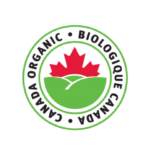
Canada Organic / Biologique Canada.
Certifies that agricultural and food products meet organic standards set by the Canadian government. Products with this certification have been grown without the use of pesticides, synthetic fertilizers, or genetically modified organisms (GMOs), guaranteeing sustainable and environmentally friendly agricultural practices. It is the Canadian equivalent of the USDA organic seal.
GLOBALG.A.P.
(Good Agricultural Practices) is an international certification that sets standards for good agricultural practices. The aim of this certification is to ensure that agricultural products are produced safely and sustainably, protecting both workers and the environment. GLOBALG.A.P. certification is recognised worldwide and covers areas such as responsible use of resources, animal welfare, food safety and environmental management.
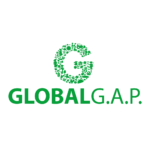
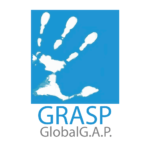
GRASP GlobalG.A.P.
(GLOBALG.A.P. Risk Assessment on Social Practice) is a voluntary additional module that focuses on social practices on farms, with a special emphasis on worker well-being. This module complements the GLOBALG.A.P. certification by assessing aspects such as labour rights, health, safety and the general well-being of employees on farms and production sites. GRASP is used by producers to demonstrate their commitment to responsible labour practices and social sustainability.
SMETA.
(Sedex Members Ethical Trade Audit) is an audit methodology designed to help companies assess their suppliers in key areas of social responsibility, such as working conditions, human rights, health and safety, and the environment. SMETA audits are widely used in global supply chains to ensure ethical and responsible practices, providing transparency and helping companies improve their social and environmental standards.
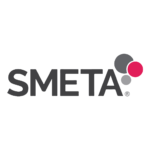
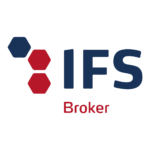
IFS Broker.
IFS Broker certification is a certification designed to ensure the safety and quality of food and non-food products handled by intermediaries, agents and brokers who do not physically handle the products. This standard ensures that brokers implement the necessary controls to ensure that the products supplied meet safety and quality requirements throughout the supply chain. IFS Broker certification is key to reducing risks and improving confidence in commercial operations between distributors and suppliers.
European Organic.
It certifies that products comply with the European Union’s organic farming standards. This logo guarantees that food and agricultural products have been grown sustainably, without the use of synthetic pesticides, chemical fertilizers or genetically modified organisms (GMOs). It is mandatory for organic products within the EU, helping consumers to easily identify products that respect the environment and promote biodiversity.
